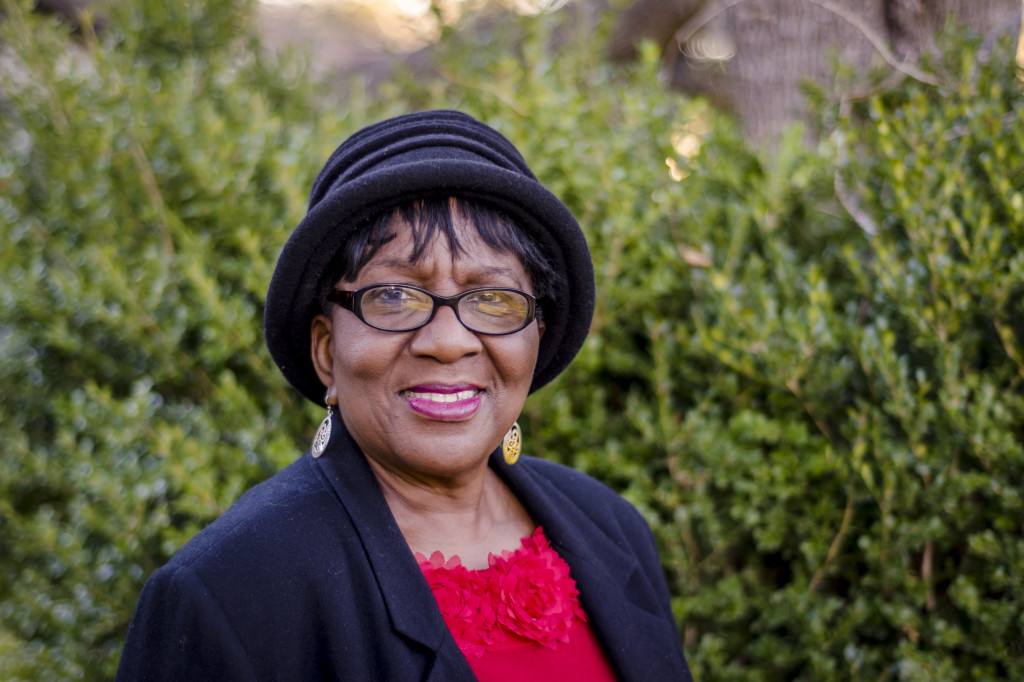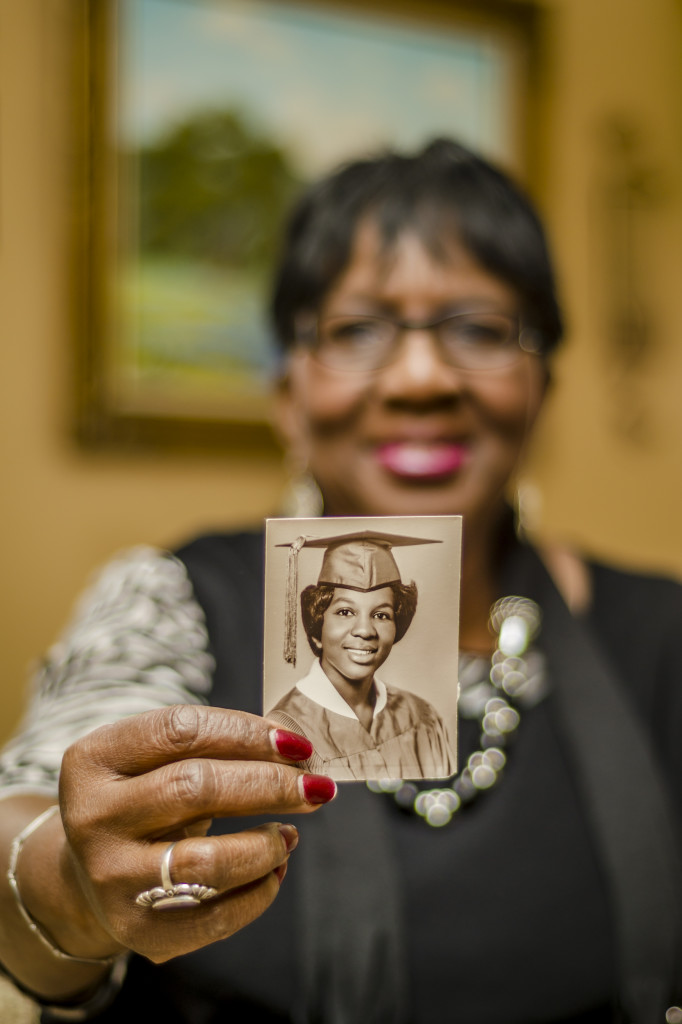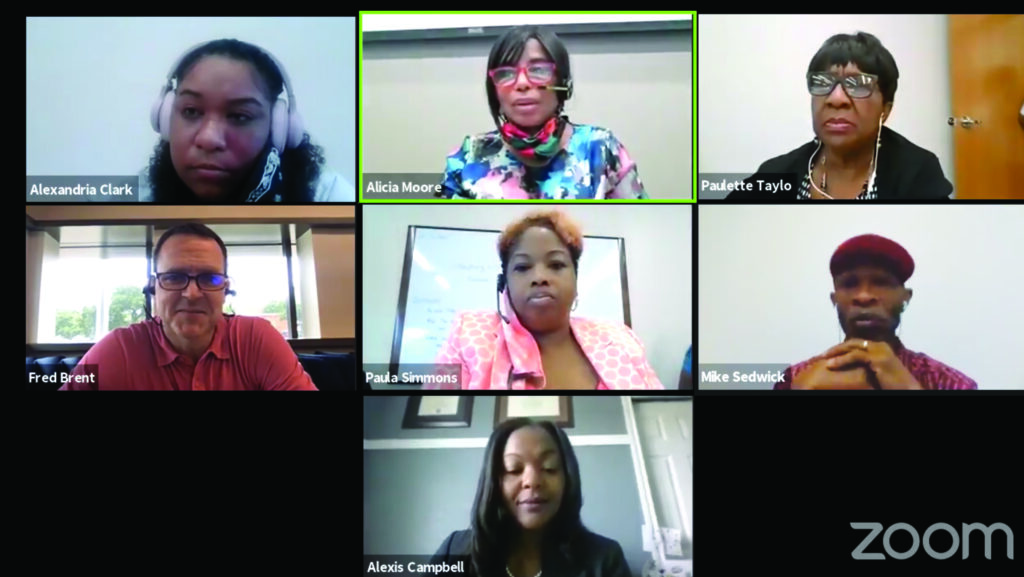On June 19-20, the City of Georgetown held its annual Juneteenth celebration. Community members, Myriad civic groups, churches, and local agencies have held these public events for 68 years. This year, like many, the Georgetown Cultural Citizen Memorial Association did not let COVID change their commitment to recognize “Emancipation Day”.
In 1980, Texas was the first state to declare Juneteenth a state holiday.
Juneteenth is a day that traditionally recognizes the end of slavery in the United States. While many believe Abraham Lincoln’s executive order, known as the Emancipation Proclamation, “freed the slaves”, his 1863 order was just the first step.
In Brief
President Lincoln signed the document on September 22, 1862, and it became official January 1, 1863. It effectively changed the legal status—from slave to free—of more than 3.5 million African Americans. However, the order was not recognized, nor would it be enforced, by states rebelling against the Union. But, once a slave escaped the control of the Confederacy, by moving across Union lines, or through the efforts of federal troops, he or she was permanently free. Following, all others were legally freed either by state action, or when the 13th Amendment was ratified in December 1865.
Meanwhile, in Texas…
Texas was geographically isolated from the significant battles of the Civil War and, in a time without mass communication, slavery persisted in the state, even after the Confederacy surrendered in April 1865. Finally, on June 19, Major General Gordon Granger and 2,000 Union soldiers landed at Galveston. He read aloud from General Order Number 3:
“The people of Texas are informed that in accordance with a Proclamation from the Executive of the United States, all slaves are free. This involves an absolute equality of rights and rights of property between former masters and slaves, and the connection heretofore existing between them becomes that between employer and hired laborer.”
“Juneteenth” Begins
History says reactions among the 250,000 Texas freedmen were mixed—from disbelief, to being gone before the General even finished reading the statement. Never the less, a great annual convergence of music, feasts, and rodeos, took root over the following decades.
Initially called “Jubilee Day” or “Emancipation Day”, the biggest celebrations emerged in Galveston in the years following General Granger’s proclamation. In those early years, it flourished, year over year, as former slaves returned to the city where it all happened, and new generations learned about and grew in appreciation of their parents and grandparents. As more families emigrated from Texas, they took the tradition with them and continued the celebration, first in border states, and eventually coast to coast.
The day was first celebrated in Austin in 1867, and in 1872, black leaders purchased land specifically designated for the annual event, now known as Emancipation Park. Celebrations across Texas continued to grow and by the 1890s, the name had commonly changed to Juneteenth.
In the 20th century, the Great Depression, World War II, and Civil Rights Movement brought many changes to the African-American community, and Juneteenth celebrations experienced surges and revivals over time; it was even an official destination at the Texas State Fair from 1936 to 1951.
In 1979, Texas state legislator Al Edwards was the first to introduce a bill to make Juneteenth a legal holiday and the first state-approved celebration took place in 1980. Since then, all but three states have passed legislation to officially recognize June 19th, or the third Saturday in June, as an official holiday or observance.
Today, activists and advocate organizations are lobbying in Congress to recognize Juneteenth as a national holiday.
In Georgetown

Paulette Taylor has been a Georgetown resident all her life. At 73, she has seen many changes in the city and been a vital part of the tradition of our 68 Juneteenth celebrations.
“Juneteenth was born when slavery died. As a young girl, we didn’t really celebrate much around July 4th. I heard some of the older people say ‘We already had our celebration, and this is theirs.’”
Paulette remembers celebrating Juneteenth as early as 1951, with events in Carver Park. (Carver Park was on W. 17th Street in Georgetown before it was sold to GISD for $1 to build Westside Elementary, later renamed Carver Elementary.) The annual event included yesteryear parades with floats and people in costume, baseball games, and a presentation of the John Orgain Community Service award. Mr. Orgain was a prominent citizen and chef at Southwestern University, well-known for his contributions to Juneteenth.
She recalls, “No matter what, there was always a big barbecue served for free. The older men would stay up the night before to cook the meat for the gatherings. During the day, all the ladies would gather there as well and cook; it was a fabulous time and a wonderful celebration.”
She says in the 1960s, when attitudes became more open, the celebration moved to the expanses of San Gabriel Park; “San Gabriel was not a place we usually went. But the park was big, and Juneteenth was big. It was always more than just one day—sometimes it lasted the whole week.”
As the festival drew more and more young people and became quite popular, programs evolved. “Young people didn’t want to stay up all night cooking,” she laughs, “But we’ve added gospel choirs, basketball tournaments; and themed presentations with speakers, programs, and booths for education and resources.” Paulette also founded the Miss Juneteenth pageant at the community center, which drew young ladies from all over Williamson County. “It grew so much in popularity that we added a Junior and Little Miss to the program.”

“What are you doing with your freedom?”
This year’s Juneteenth was affected by COVID but was no less impactful for the community. Paulette says, “I spoke to Al Edwards once and he encouraged me to keep doing what I was doing, even if other areas didn’t do it. We continue to invite speakers and I always want our programs to include historical things but also encourage young people to reflect on ‘What are you doing with your freedom, and what will you explore with it?’”

To comply with social distancing rules, the GCCMA held multiple virtual panels on YouTube, including GISD and college representatives as well as community leaders with technical skills and social resources. “We considered the options we had but, more than anything, we wanted to be sure we would have a presence. The virtual town hall meeting theme was ‘Embracing Change: The New Norm.” Leaders from The Caring Place, Boys & Girls Club, Salvation Army, and the Georgetown Health Foundation addressed key areas of education and social issues. City Manager David Morgan said it was a “Great opportunity of remembrance, recognition, and an opportunity to express hope and promise for the future.”
